
Loading...
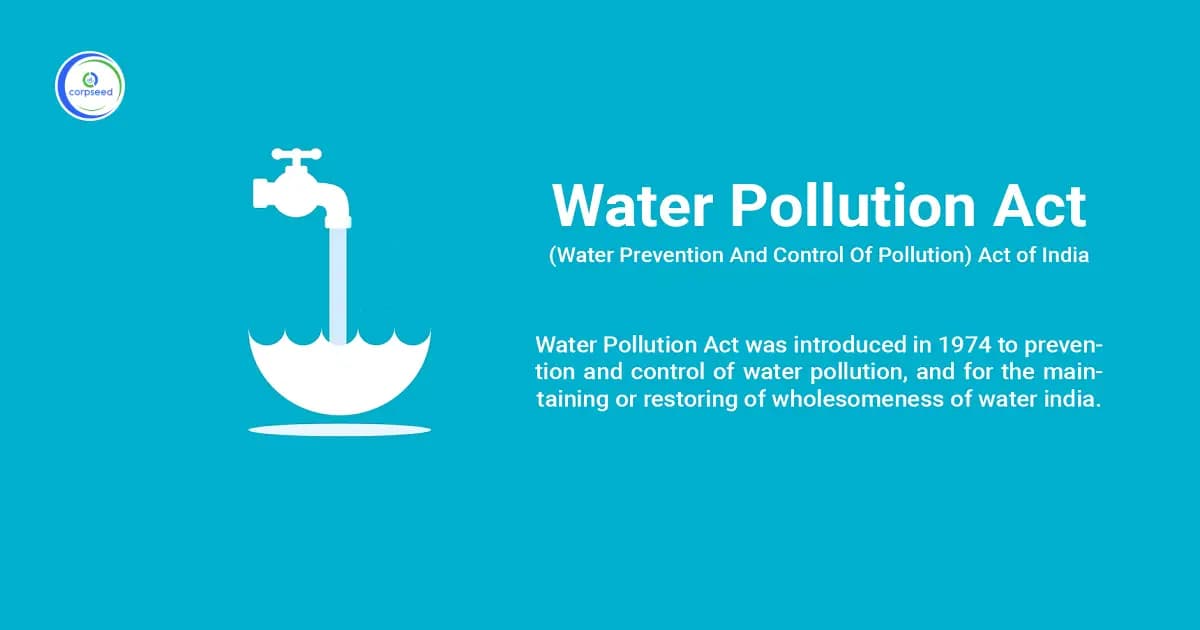
The Water (Prevention and Control of Pollution) Act was enacted in 1974 to provide for the prevention and control of water pollution and for the maintaining or restoring
About the Author

Related articles
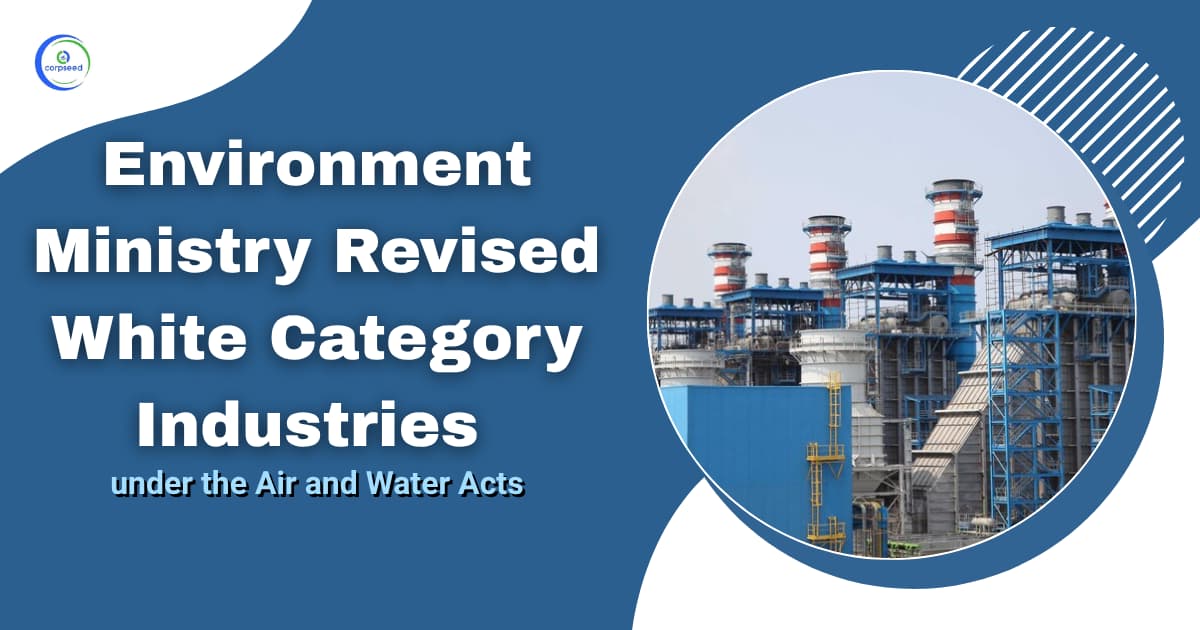
Environment Ministry Revised White Category Industries under the Air and Water Acts
2025-10-27
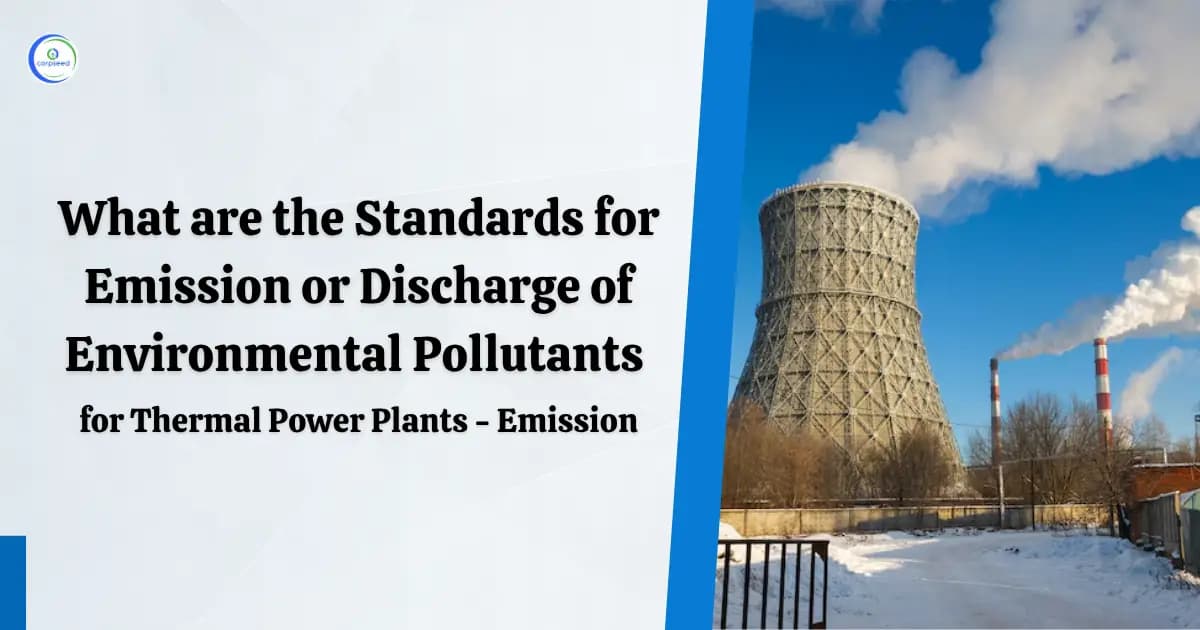
What are the Standards for Emission or Discharge of Environmental Pollutants for Thermal Power Plants - Emission
2025-06-24
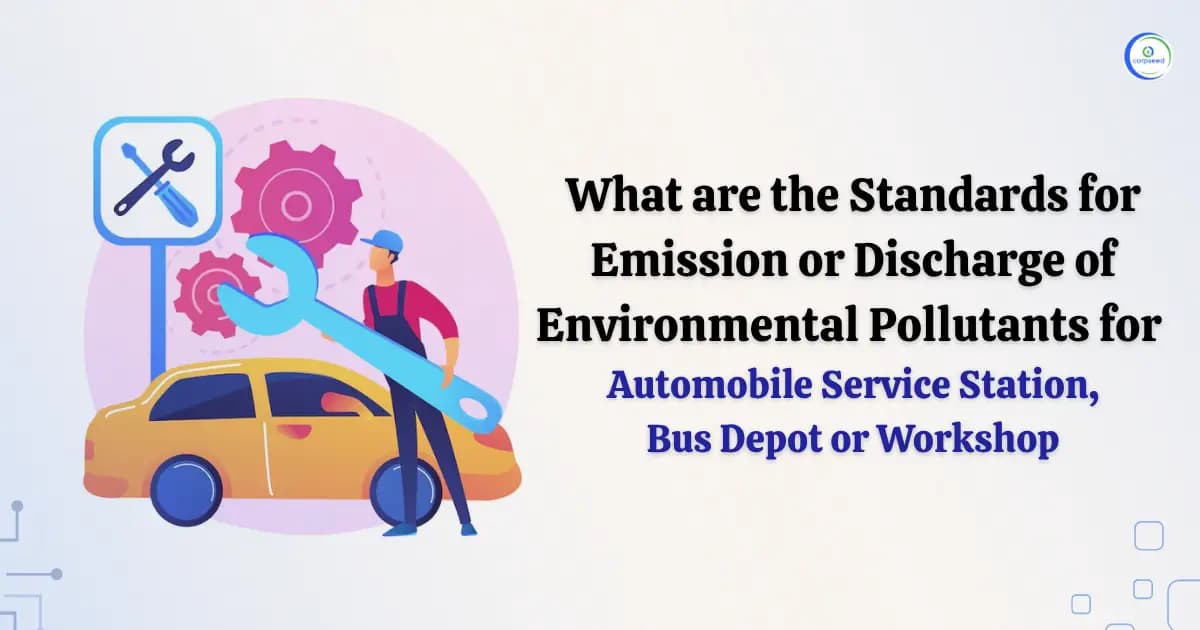
What are the Standards for Emission or Discharge of Environmental Pollutants for Automobile Service Station, Bus Depot or Workshop
2025-06-21
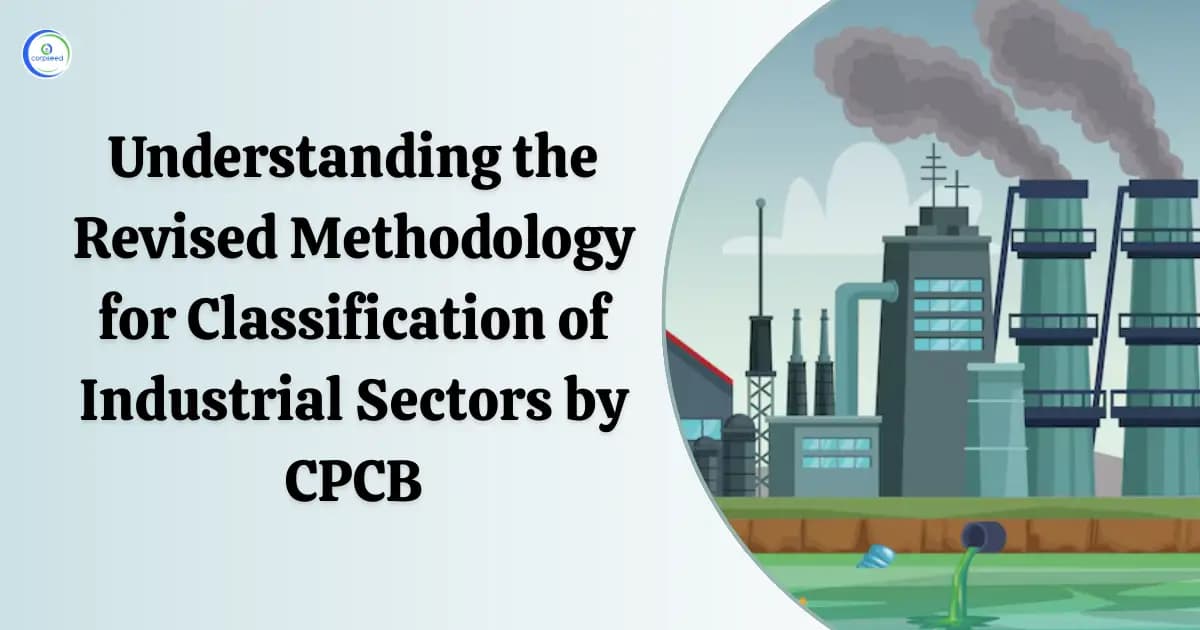
Understanding the Revised Methodology for Classification of Industrial Sectors by CPCB
2025-04-15
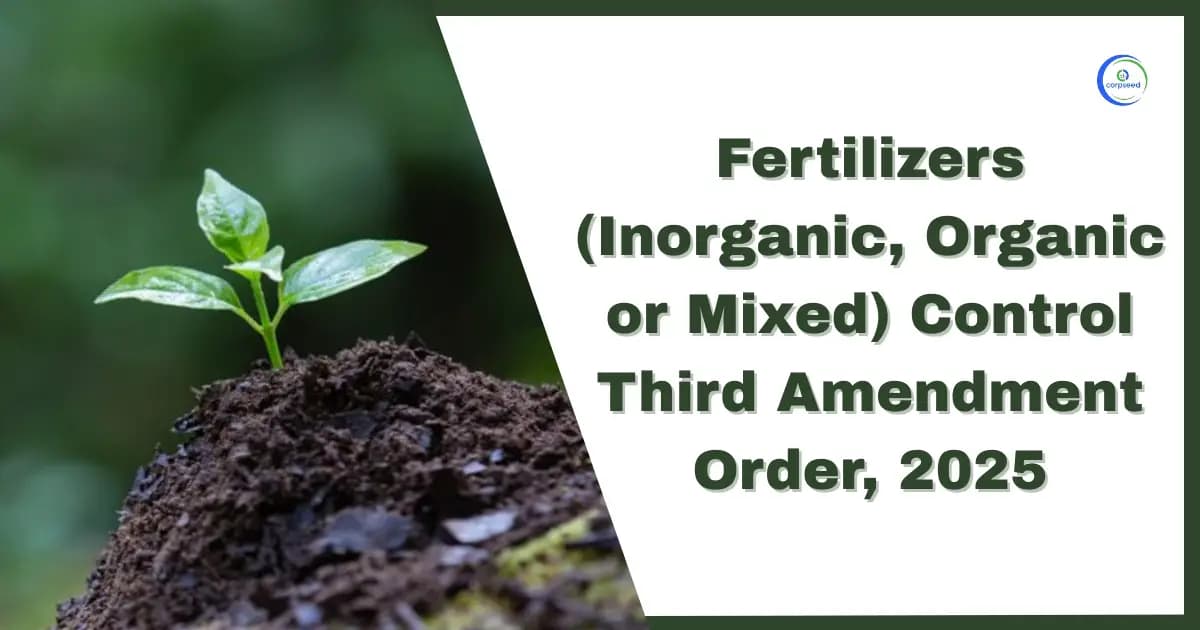
Fertilizers (Inorganic, Organic or Mixed) Control Third Amendment Order, 2025
2025-04-01
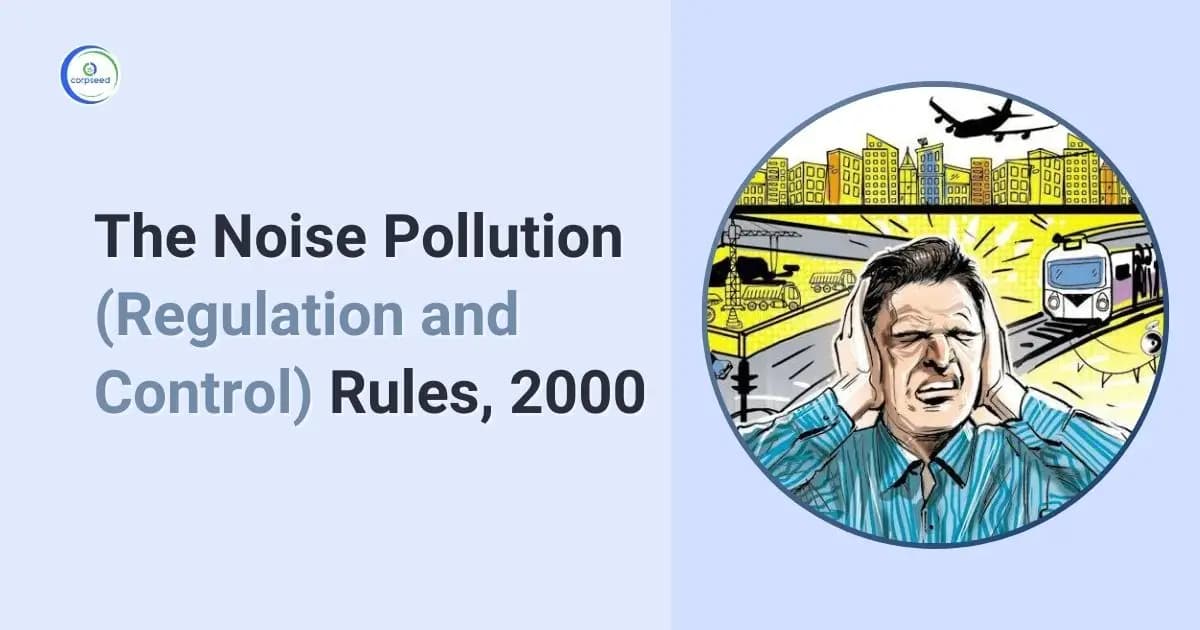
The Noise Pollution (Regulation and Control) Rules, 2000
2024-01-06